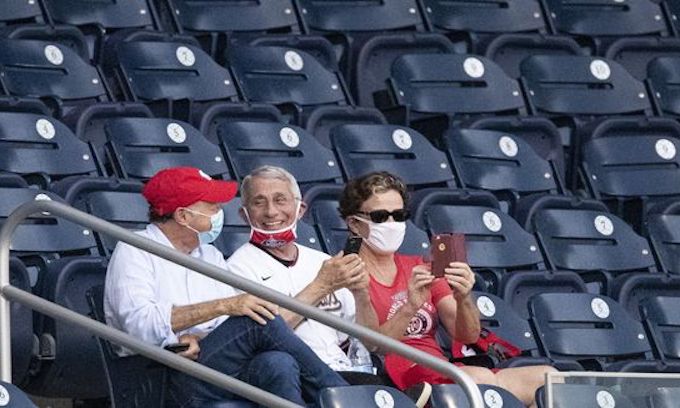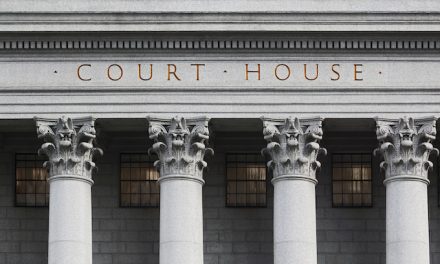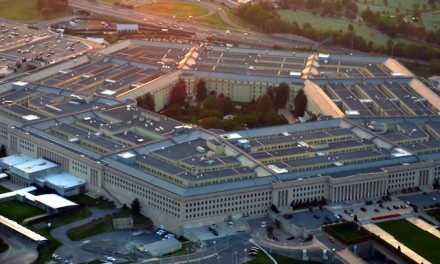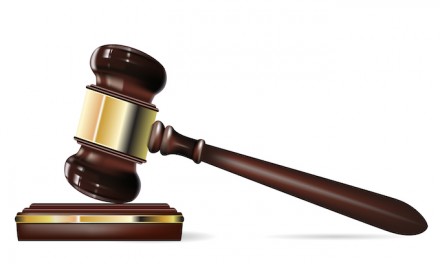Dr. Anthony Fauci, the nation’s top infectious diseases expert who has played a key role in fighting the coronavirus pandemic, will receive a COVID-19 vaccine on Tuesday.
Fauci, director of the National Institute of Allergy and Infectious Diseases, will receive one of the first doses of Moderna’s newly approved vaccine, as will Health and Human Services Secretary Alex Azar, National Institutes of Health Director Dr. Francis Collins and front-line healthcare workers at the NIH, Azar tweeted Monday.
Like Vice President Mike Pence Friday and President-elect Joe Biden Monday, Fauci and the others will receive the vaccinations in public.
“We believe it’s important to publicly receive the vaccine as part of our efforts to demonstrate that these vaccines are safe and effective,” Azar said.
“We at NIH are proud to have taken part in an amazing journey that will save many lives,” Collins tweeted.
Despite playing critical roles in developing Moderna’s vaccine, the NIH and its scientists had not been allocated any doses — or the other approved vaccine from Pfizer and BioNTech — by Friday, Politico reported.
Maryland Gov. Larry Hogan, however, announced Monday that the state would provide doses of Moderna vaccine to “front-line clinical healthcare workers” at the NIH facility in Bethesda, Md.
“Maryland is proud to be home to some of the world’s leading health systems and medical research institutions, including NIH,” Hogan said.
Kentucky Gov. Andy Beshear and Texas Gov. Greg Abbott will also receive vaccinations Tuesday.
Meanwhile, an official with the National Institute of Allergy and Infectious Diseases says the agency is investigating why a handful of people have experienced severe allergic reactions to Pfizer’s vaccine.
Alkis Togias, chief of the institute’s Allergy, Asthma, and Airway Biology Branch, told CNBC the study will begin within weeks and will examine reports that the vaccine was followed by potentially life-threatening allergic reactions in a few recipients.
“We are a little bit concerned that people who have had a lot of allergies who have had reactions like this to all kinds of things, not just vaccines, may be afraid to get vaccinated now,” Togias said. “We just don’t want that to happen. We want to find a way for them to get vaccinated.”
Copyright 2020 United Press International, Inc. (UPI). Any reproduction, republication, redistribution and/or modification of any UPI content is expressly prohibited without UPI’s prior written consent.
—-
This content is published through a licensing agreement with Acquire Media using its NewsEdge technology.



















You want to find a way to get people vaccinated, who have allergies to foods, even though people who have food allergies, have had severe reactions to the vaccine?
Give them an injection of PURE AIR.. That’s all they deserve!